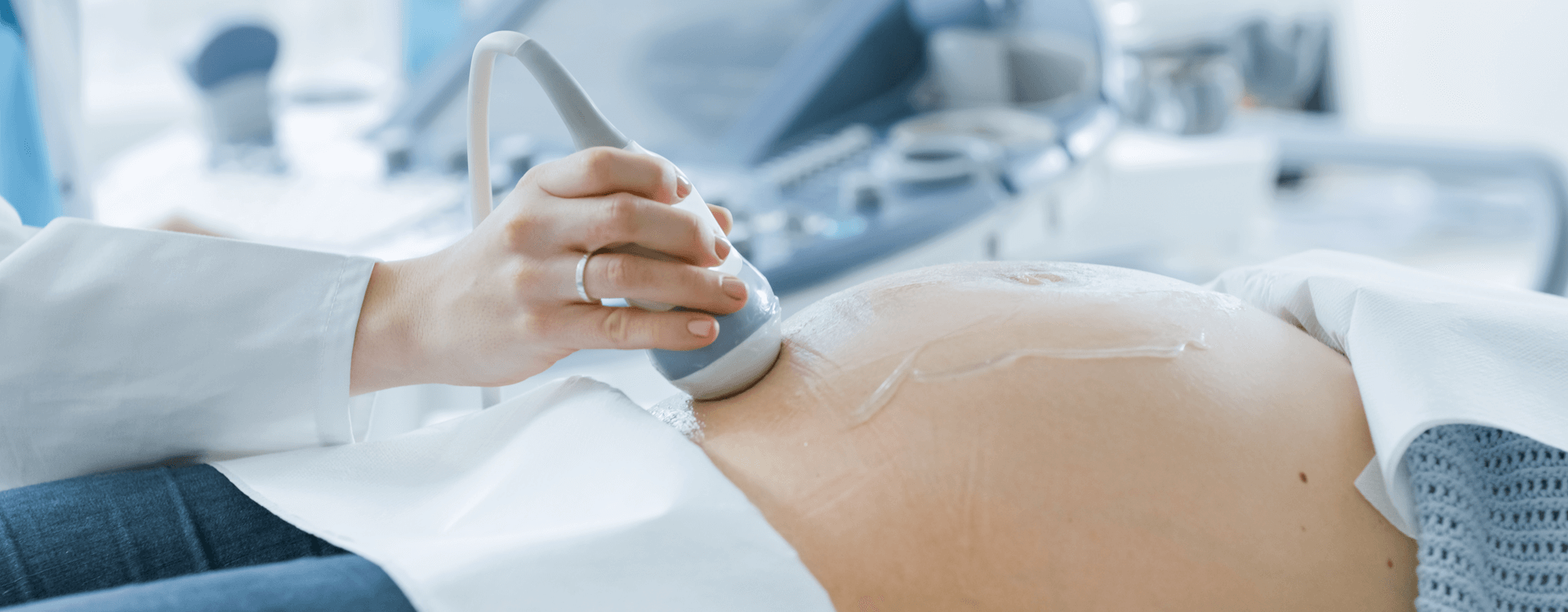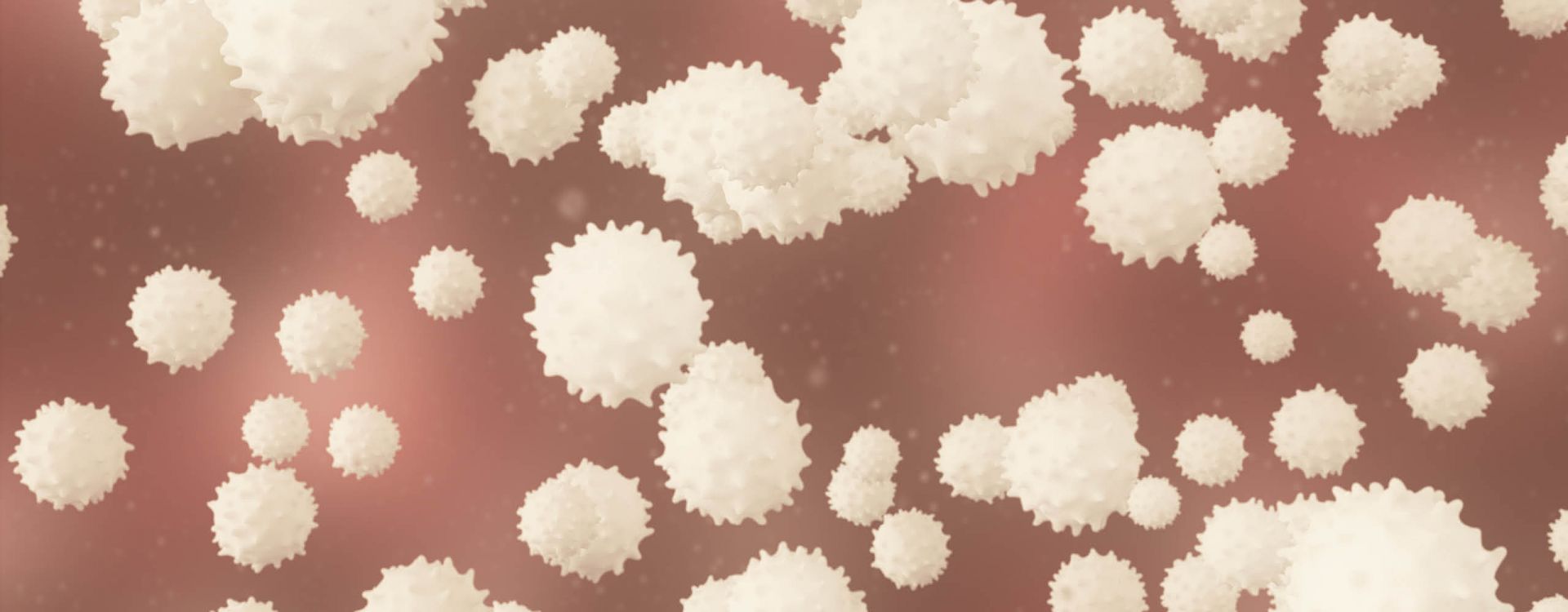If you're pregnant and feel like you can’t stop drinking water, you're not imagining it. That constant need to sip — whether it’s day or night — can catch you off guard, especially if it doesn’t seem to go away.
While it’s common to feel a little thirstier during pregnancy, extreme or unquenchable thirst can sometimes point to something else. In this article, we’ll break down what causes thirst in pregnancy, how to know if it’s normal or excessive, how much water you actually need, and when to talk to your provider.
Let’s get into what your body’s trying to tell you — and how to stay hydrated the right way.
Does Pregnancy Make You Thirsty?
Yes, pregnancy can definitely increase your thirst. From the earliest weeks, your body starts making big changes to support your growing baby. Blood volume increases. Hormones shift. And your kidneys start working overtime. All of this adds up to one thing: your body needs more fluids [*].
Is Thirst a Sign of Pregnancy?
It can be — some people do notice increased thirst as one of the first subtle signs that they might be pregnant. But it’s not a sure thing. Lots of everyday things can make you thirsty: hot weather, salty food, or just being a little dehydrated [*].
If you think pregnancy might be the cause, look for other early signs like fatigue, nausea, and a missed period before jumping to conclusions [*].
Is It Normal to Be Very Thirsty During Pregnancy?
Yes, it’s usually normal to feel more thirsty — especially in the second and third trimesters [*]. Your body is literally building another human, and that takes a lot of water.
But there’s a difference between increased thirst and constant, excessive thirst that doesn't go away no matter how much you drink. If your mouth always feels dry, or if you’re waking up multiple times at night just to drink water, it might be time to take a closer look [*].
Why Am I So Thirsty While Pregnant?
Feeling like you’re constantly refilling your glass? Pregnancy can turn up your thirst as your body works overtime to support your growing baby.
Normal Causes of Pregnancy Thirst
Here’s why you might be feeling extra thirsty — and why it usually isn’t something to worry about:
1. You’re Making More Blood
During pregnancy, your blood volume increases by nearly 50% [*]. That means your body needs more fluid to keep everything flowing smoothly, and your thirst naturally increases to meet the demand [*].
2. Your Hormones Are Shifting
Pregnancy hormones like progesterone and hCG can influence how your body balances fluids and electrolytes [*]. This can make you feel parched even when you’ve been sipping water all day.
3. You’re Peeing More Often
Frequent urination is totally normal in pregnancy (thank you, baby-on-bladder). Every time you go, your body loses fluid — and signals that it needs a refill [*].
4. Your Metabolism Is Faster
Your body burns more energy while supporting your baby, which means you also lose water more quickly and need to replace it [*].
5. It’s Hot or You’re Exercising
Simple but important — extra heat or movement means extra sweating, which ramps up your need to rehydrate [*].
Causes of Excessive Thirst in Pregnancy
If your thirst feels off the charts — especially if you’re also peeing a lot, feeling dizzy, or just can’t quench it — one of these conditions could be the reason:
1. Gestational Diabetes
This form of diabetes happens only during pregnancy and can affect how your body processes sugar [*]. One of the most common early signs? Extreme thirst. You might also notice fatigue, blurry vision, or needing to pee constantly [*].
What it feels like: Many describe it as a dry mouth that never goes away — even right after drinking. If this sounds familiar, ask your provider about testing. Most people get screened between 24–28 weeks, but earlier testing is sometimes needed [*].
2. Gestational Diabetes Insipidus
Not to be confused with gestational diabetes, this is a very rare condition where your body has trouble regulating fluids due to low levels of a hormone called ADH. The result: excessive thirst and excessive urination — often liters per day [*].
3. Dehydration
If you’ve had bad morning sickness, diarrhea, or a fever, you might simply be low on fluids. Even mild dehydration can cause dry mouth, dizziness, and increased thirst [*].
How Much Water Should You Drink While Pregnant?
Most healthcare providers recommend about 8 to 12 cups (64–96 oz) of fluids per day during pregnancy [*]. But that number isn’t set in stone. You may need more if you’re:
- Exercising regularly
- Spending time in hot weather
- Sweating a lot
- Carrying multiples
Tip: Pay attention to your pee. If it’s light yellow or pale, you’re likely well-hydrated. If it’s dark or you’re not going often, it might be time to up your intake [*].
Can You Drink Too Much Water While Pregnant?
Yes — overhydration is rare but possible. Drinking too much water too quickly can dilute the sodium in your blood, leading to a condition called hyponatremia [*].
It’s more likely to happen if you’re forcing yourself to drink massive amounts of water “just in case.” Instead, aim to drink steadily throughout the day. Don’t try to meet your hydration goals all in one go.
How to Quench Pregnancy Thirst
Here are a few practical ways to stay hydrated — and feel more comfortable while doing it:
1. Sip Steadily, Not All at Once
Keep a water bottle nearby and sip throughout the day. Chugging large amounts at once can overwhelm your system (and your bladder) [*].
2. Mix It up With Electrolytes
Coconut water, fruit-infused water, or pregnancy-safe electrolyte drinks can help restore minerals like sodium and potassium, especially if you’ve been sweating or sick [*].
3. Eat Your Water
Fruits and veggies like cucumbers, oranges, watermelon, and celery are super hydrating — and can be more refreshing than plain water sometimes [*].
4. Cut Back on Salty and Sugary Foods
Salty snacks and sugary drinks can throw off your body’s fluid balance, making you feel thirstier [*].
5. Try Cold Drinks or Ice Chips
Many pregnant people say that cold water hits differently. Ice chips, smoothies, or chilled coconut water might feel more satisfying than room temp [*].
6. Use a Humidifier
If your mouth or throat feels dry even when you're drinking, especially at night, try using a humidifier to add moisture to the air [*].
When Should You Call Your Doctor?
Call your healthcare provider if [*]:
- Your thirst feels unrelenting.
- You’re peeing much more than usual — even overnight.
- Water doesn’t seem to help.
- You’re dizzy, lightheaded, or unusually tired.
- You’ve had a recent bout of vomiting or diarrhea.
These could be signs of gestational diabetes, dehydration, or another condition worth checking out.
Extreme Thirst in Pregnancy FAQ
What does gestational diabetes thirst feel like?
Dry mouth that doesn’t go away, constant need to drink, and frequent urination are the big red flags [*].
Is it normal to be thirsty at night while pregnant?
Yes, especially as your kidneys filter more fluid. But if you’re waking up multiple times a night just to drink, talk to your provider [*].
What happens if you don’t drink enough water while pregnant?
Dehydration can lead to headaches, fatigue, constipation, overheating, and even low amniotic fluid if it becomes chronic [*].
Why does water not quench my thirst in pregnancy?
This might be a sign that you need electrolytes, not just water — or that your body isn’t absorbing fluids properly. It could also point to gestational diabetes [*].
What drinks are good for pregnancy thirst?
- Water
- Coconut water
- Herbal teas (check they’re pregnancy-safe)
- Milk
- Electrolyte drinks with low sugar
Is it okay to drink Gatorade every day while pregnant?
Occasionally is fine, but it’s high in sugar and sodium. Opt for low-sugar electrolyte options or coconut water more regularly [*].
Does being thirsty during pregnancy mean boy or girl?
Nope, total myth. There’s no scientific link between thirst and your baby’s sex [*].
What to Remember About Thirst in Pregnancy
Thirst is totally normal in pregnancy, and in most cases, it just means your body is working hard to support your growing baby. But if that thirst feels constant or excessive — especially if paired with other symptoms — don’t ignore it. It’s always okay to ask your doctor, even if it turns out to be nothing.
The best approach? Stay hydrated, listen to your body, and make small adjustments that help you feel your best.
Secure Your Baby’s Health With MiracleCord
Pregnancy comes with all kinds of surprises — including feeling way thirstier than usual. Just like staying hydrated is essential for your health and your baby’s development, taking steps now to protect your baby and family’s future health is just as important. At MiracleCord, we’re here to support you through every stage — from decoding your body’s signals to preparing for delivery.
Cord blood banking is one of those decisions you can’t make after the moment has passed. Your baby’s cord blood can only be collected within minutes of birth — and it is a lifesaving resource for treating over 80 conditions. Don’t wait until it’s too late to explore your options.
Learn how cord blood banking can help protect your family’s lifelong health with our Free Information Kit, or call us today at 888.743.2673 to get started before your due date sneaks up.
DISCLAIMER: THE INFORMATION ON THIS WEBSITE IS NOT INTENDED TO BE USED AS MEDICAL ADVICE.The materials and information contained on the MiracleCord website is provided for educational and informational purposes only, and is not intended to, and does not constitute, medical or other health advice or diagnosis, and should not be used as such. You should not use this information to diagnose or treat a health problem or disease. If you are seeking personal medical advice, you should consult with a licensed physician. Always consult with a qualified health care provider regarding a medical condition.




